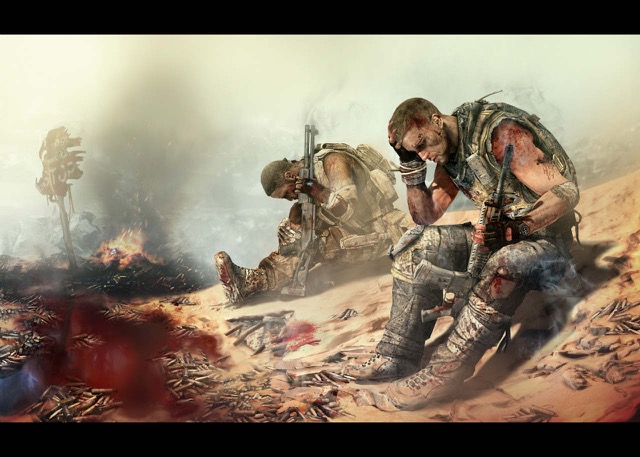Politics of Play - Games with an Agenda
Video games can be a powerful tool. They are unique in media in that they allow you to directly interact with the text in a way quite unlike anything else. And as time goes on, we are seeing games being leveraged in entirely different ways than we might have imagined when we first got our hands on the text adventures of the 1980’s. Instead of trying to make a game “fun”, creators are making games with messages. By allowing players to interact with the work in a meaningful way, the message carries so much more impact. Read More…
Ludonarrative Dissonance

Games are a rather interesting medium to critique because of the crucial role that interactivity plays in how a story is interpreted. With a film or book, we are stuck in a single viewpoint and experience the story as if we were locked onto a roller coaster: tightly restricted and controlled. But in games, the player adds a crucial X-factor of randomness into the story that the creator has to try to control for.
To see all of the story, the player has to advance forward, completing a certain set of tasks, but sometimes the very function of the gameplay is at odds with the themes of the story being told. It is a familiar feeling within media, but games stand alone in that the layer is forced into “choosing” to do the tasks even if they don’t want to.